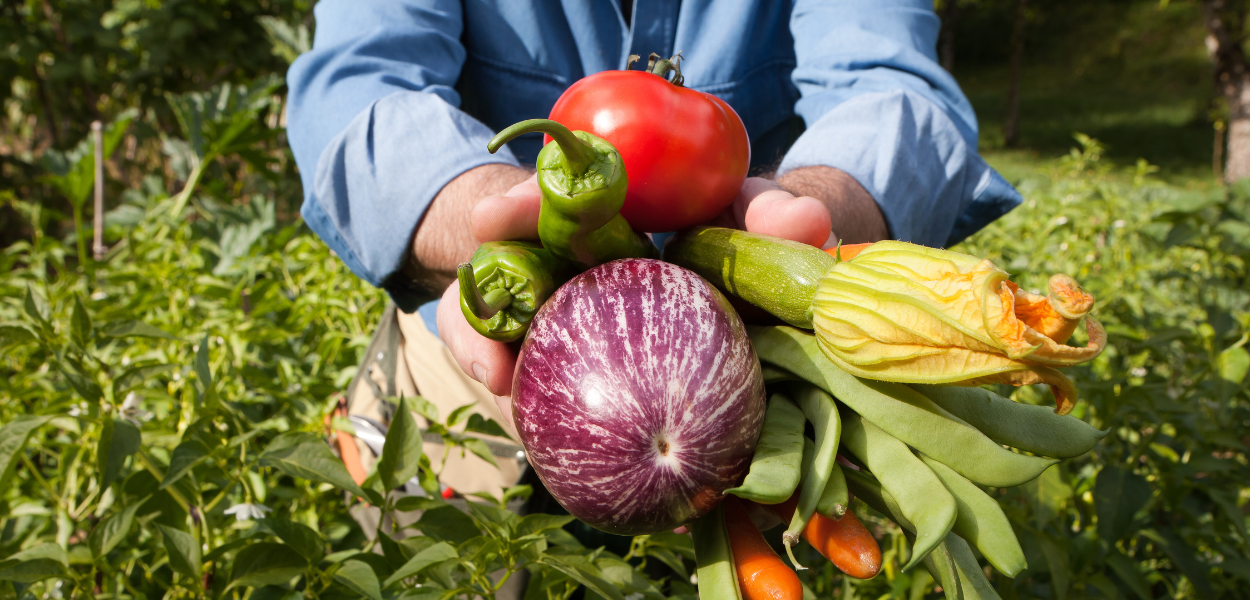SEED FUNDING JOINT PROGRAMMES
Egypt
Strengthening Sustainable and Resilient Food and Nutrition Systems in Egypt for SDG Acceleration




PROJECT TITLE | Strengthening Sustainable and Resilient Food and Nutrition Systems in Egypt for SDG Acceleration |
| Context | Egypt engaged actively in the 2021 Food Systems Summit process, convening a national dialogue and developing national pathways with recommended interventions for improving food security and nutrition by 2030. To enhance multi-sectorial coordination and spearhead the transformation process, the Government created a National Committee for Food and Nutrition Systems chaired by the Prime Minister and bringing together several ministries to coordinate joint actions. Strengthening coordination mechanisms, fostering multi-stakeholder partnerships, consolidating accountability structures, focusing on the availability of evidence, analysis, and data, are identified as key priorities to strengthen the food systems governance structure in Egypt. |
| PUNOs | WFP, FAO, UNICEF |
| Contribution to SDGs | SDG 2 Zero Hunger, SDG 3 Good Health and Well-being, 12 Responsible Consumption and Production. |
| Contribution to other SDG transitions | Climate, biodiversity, pollution |
| Duration | June 2024 – May 2025 |
| Expected financial leverage | $87,000 (PUNO co-financing) |
| Alignment with SG Call to Action | Policy integration; Food systems governance; Research, data, technology and innovation; Inclusive and participatory design; Private sector engagement |
| Outcomes | The JP contributes to strengthening policy and governance frameworks for food systems transformation and generating evidence and analysis on key dimensions of food systems to inform decision-making, supporting the work of the National Committee for Food and Nutrition Systems. The JP complements the government’s flagship program “Country Platform for the Nexus of Water, Food and Energy”, which provides a mechanism to mobilize climate finance and private investments. |
| Partners |
|
| Outputs |
|
Join the conversation: IPBES Nexus Assessment seeks expert inputs
IPBES is pleased to announce the start of the first external review of the thematic assessment of the interlinkages among biodiversity, water, food, and health (Nexus Assessment), which is open from 9 January to 19 February 2023 (6 weeks).

The Intergovernmental Science-Policy Platform on Biodiversity and Ecosystem Services (IPBES) has released the first order draft of its Nexus Assessment and is now conducting an open review before the author teams dig back into content. Now is the moment to provide critical feedback to the author teams and help shape the future of the IPBES Nexus Assessment.
This is one of the most important phases in the IPBES assessment process, and the IPBES wants to ensure that the final product reflects the utmost scientific quality, credibility, and policy relevance, encompassing a diversity of disciplines and backgrounds. That's where you come in. By participating in the open review process, you have the opportunity to provide valuable feedback that will help guide the author teams as they continue their work.
Two online dialogues with stakeholders, including practitioners, in the context of the first external review of the assessment, are scheduled 9 February 2023: 9-11 a.m. CET and again at 6-8 p.m. CET. National focal points are welcome to attend the dialogues. Please note that you need to register as a reviewer to participate in the dialogues.
To access the full text and participate as a reviewer, please see here.
